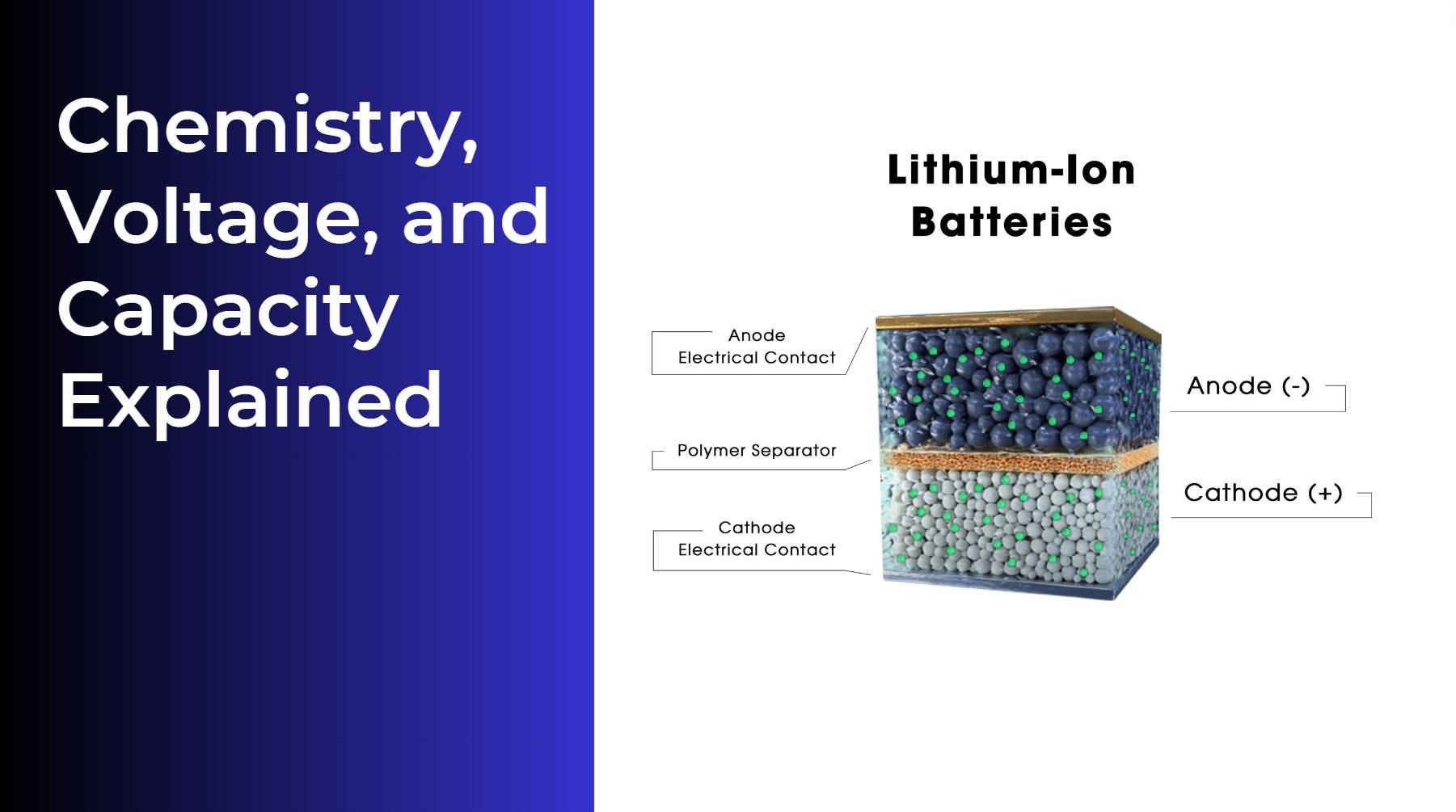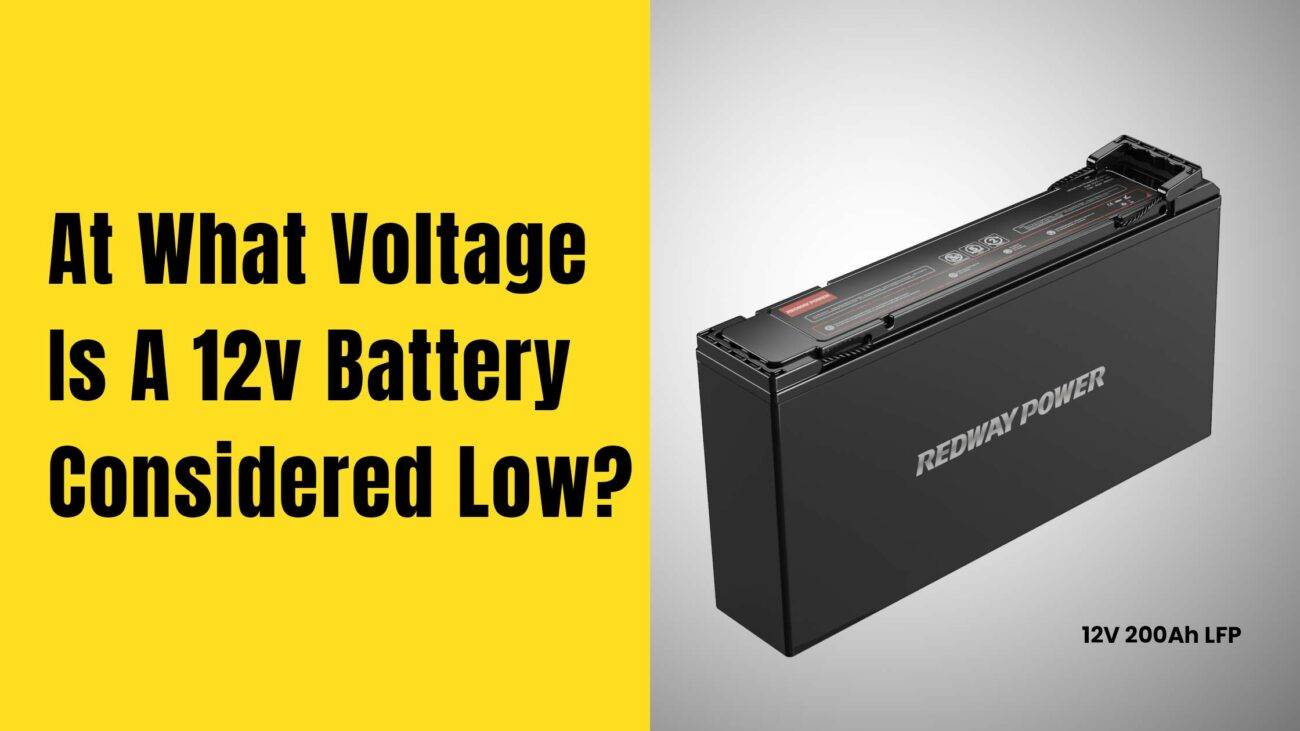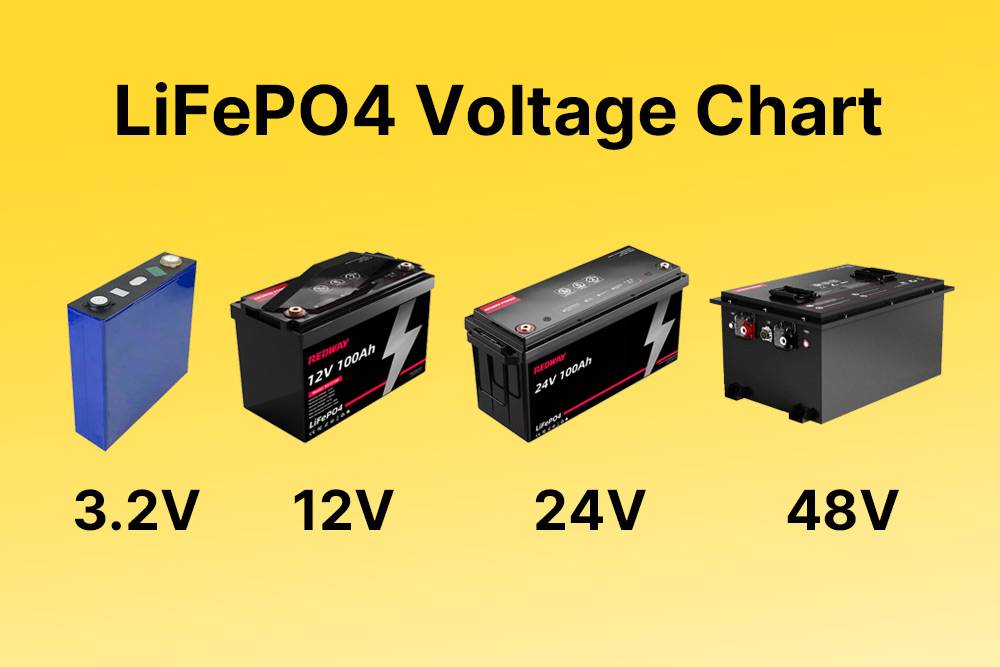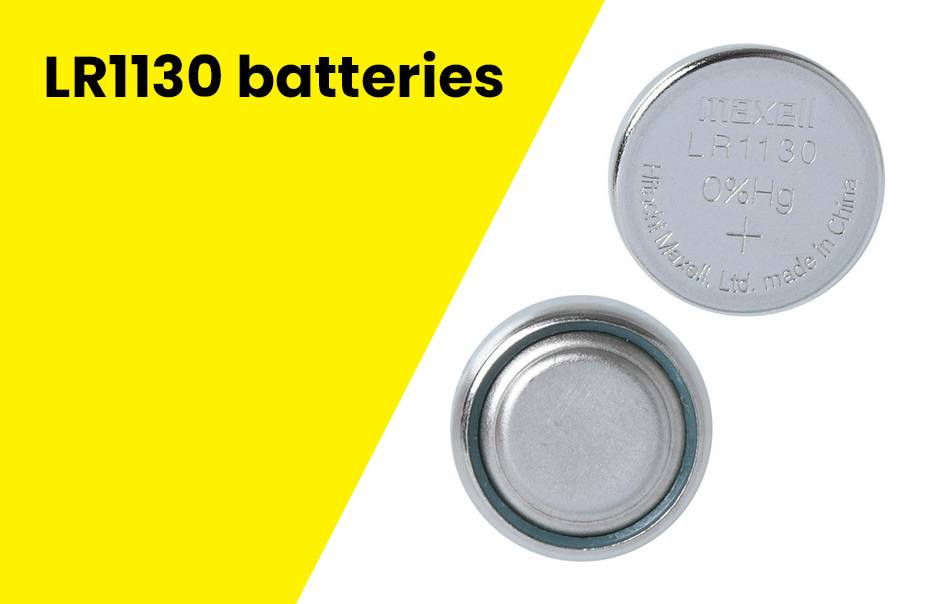- Forklift Lithium Battery
-
48V
- 48V 210Ah
- 48V 300Ah
- 48V 420Ah (949 x 349 x 569 mm)
- 48V 420Ah (950 x 421 x 450 mm)
- 48V 456Ah
- 48V 460Ah (830 x 630 x 590 mm)
- 48V 460Ah (950 x 421 x 450 mm)
- 48V 460Ah (800 x 630 x 600 mm)
- 48V 460Ah (820 x 660 x 470 mm)
- 48V 500Ah
- 48V 560Ah (810 x 630 x 600 mm)
- 48V 560Ah (950 x 592 x 450 mm)
- 48V 600Ah
- 48V 630Ah
-
48V
- Lithium Golf Cart Battery
- 12V Lithium Battery
12V 150Ah Lithium RV Battery
Bluetooth App | BCI Group 31
LiFePO4 Lithium
Discharge Temperature -20°C ~ 65°C
Fast Charger 14.6V 50A
Solar MPPT Charging - 24V Lithium Battery
- 36V Lithium Battery
- 48V Lithium Battery
-
48V LiFePO4 Battery
- 48V 50Ah
- 48V 50Ah (for Golf Carts)
- 48V 60Ah (8D)
- 48V 100Ah (8D)
- 48V 100Ah
- 48V 100Ah (Discharge 100A for Golf Carts)
- 48V 100Ah (Discharge 150A for Golf Carts)
- 48V 100Ah (Discharge 200A for Golf Carts)
- 48V 150Ah (for Golf Carts)
- 48V 160Ah (Discharge 100A for Golf Carts)
- 48V 160Ah (Discharge 160A for Golf Carts)
-
48V LiFePO4 Battery
- 60V Lithium Battery
-
60V LiFePO4 Battery
- 60V 20Ah
- 60V 30Ah
- 60V 50Ah
- 60V 50Ah (Small Size / Side Terminal)
- 60V 100Ah (for Electric Motocycle, Electric Scooter, LSV, AGV)
- 60V 100Ah (for Forklift, AGV, Electric Scooter, Sweeper)
- 60V 150Ah (E-Motocycle / E-Scooter / E-Tricycle / Tour LSV)
- 60V 200Ah (for Forklift, AGV, Electric Scooter, Sweeper)
-
60V LiFePO4 Battery
- 72V~96V Lithium Battery
- Rack-mounted Lithium Battery
- E-Bike Battery
- All-in-One Home-ESS
- Wall-mount Battery ESS
-
Home-ESS Lithium Battery PowerWall
- 24V 100Ah 2.4kWh PW24100-S PowerWall
- 48V 50Ah 2.4kWh PW4850-S PowerWall
- 48V 50Ah 2.56kWh PW5150-S PowerWall
- 48V 100Ah 5.12kWh PW51100-F PowerWall (IP65)
- 48V 100Ah 5.12kWh PW51100-S PowerWall
- 48V 100Ah 5.12kWh PW51100-H PowerWall
- 48V 200Ah 10kWh PW51200-H PowerWall
- 48V 300Ah 15kWh PW51300-H PowerWall
PowerWall 51.2V 100Ah LiFePO4 Lithium Battery
Highly popular in Asia and Eastern Europe.
CE Certification | Home-ESS -
Home-ESS Lithium Battery PowerWall
- Portable Power Stations
How to Understand Battery Basics: Chemistry, Voltage, and Capacity Explained

Understanding battery basics, including chemistry, voltage, and capacity, is essential for anyone using electronic devices or electric vehicles. Battery capacity indicates how much energy a battery can store, while voltage determines the power output. Together, these factors influence the performance and longevity of batteries in various applications.
What is battery capacity, and why is it important?
Battery capacity refers to the maximum amount of energy that can be stored in a battery, typically measured in ampere-hours (Ah), milliampere-hours (mAh), or watt-hours (Wh). It is crucial because it determines how long a device can operate before needing a recharge. A higher capacity means longer usage times for devices like smartphones, laptops, or electric vehicles.Chart Title: Battery Capacity Overview
| Measurement Unit | Description |
|---|---|
| mAh | Measures how much current a battery can supply over one hour |
| Ah | Indicates total charge capacity over time |
| Wh | Represents total energy available from the battery |
How do milliampere-hours (mAh) measure battery capacity?
Milliampere-hours (mAh) quantify the charge a battery can hold. For example, a 3000 mAh battery can theoretically provide 3000 milliamperes for one hour before depletion. This measurement helps consumers understand how long their devices will last on a single charge; higher mAh ratings generally translate to longer usage times.Chart Title: mAh Impact on Device Runtime
| Battery Rating | Current Draw | Runtime Calculation |
|---|---|---|
| 3000 mAh | 300 mA | 10 hours |
| 3000 mAh | 600 mA | 5 hours |

What are watt-hours (Wh), and how do they relate to battery performance?
Watt-hours (Wh) measure the total energy a battery can deliver over time. It is calculated by multiplying the capacity in mAh by the voltage of the battery divided by 1000:
Wh=mAh×V/1000
For instance, a 3000 mAh battery at 3.7V has a capacity of approximately 11.1 Wh. Understanding Wh helps users compare batteries with different voltages more effectively.Chart Title: Calculating Watt-Hours
| Battery Capacity | Voltage | Watt-Hours Calculation |
|---|---|---|
| 3000 mAh | 3.7 V | 3000×3.7/1000=11.1 Wh |
How does voltage affect battery capacity and performance?
Voltage represents the electrical potential difference between the terminals of a battery. It influences how much power can be delivered to devices; higher voltage batteries can provide more power but may require compatible devices to avoid damage. The voltage rating must align with the device specifications for optimal performance.
Why is the relationship between mAh, Wh, and voltage critical for understanding batteries?
The interplay between mAh, Wh, and voltage is essential for evaluating overall battery performance. While mAh indicates how long a device can run on a charge, Wh provides insight into total energy availability based on both capacity and voltage levels. This relationship ensures users select appropriate batteries for their needs.Chart Title: Relationship Between Capacity Metrics
| Measurement Type | Description |
|---|---|
| mAh | Indicates runtime |
| Wh | Indicates total energy available |
| Voltage | Determines power output |
What factors influence battery capacity over time?
Several factors can impact battery capacity as it ages:
- Charging/Discharging Rates: Rapid discharges reduce effective capacity.
- Temperature: High temperatures can temporarily increase capacity but may shorten lifespan.
- Cycle Life: Each charge-discharge cycle gradually diminishes overall capacity.
How do temperature and age affect battery performance?
Temperature significantly affects battery chemistry; higher temperatures generally increase reaction rates but can lead to faster degradation over time. Conversely, lower temperatures may reduce efficiency but prolong lifespan if managed correctly. Additionally, as batteries age, their internal resistance increases, leading to reduced capacity and performance.
FAQ Section
What is the difference between mAh and Ah?
Milliampere-hours (mAh) measures smaller capacities suitable for portable devices, while ampere-hours (Ah) measures larger capacities typically used in automotive or industrial batteries.How does voltage impact my device’s performance?
Voltage determines how much power your device receives; using an incompatible voltage can damage your device or reduce its efficiency.Can temperature affect my battery’s lifespan?
Yes, extreme temperatures can shorten a battery’s lifespan by accelerating chemical reactions that lead to degradation.What should I consider when choosing a battery?
Consider both the required voltage for your device and the desired runtime measured in mAh or Wh to ensure compatibility and performance.
Industrial News
Recent advancements in battery technology have focused on improving energy density while maintaining safety standards. Manufacturers are exploring new materials that enhance both capacity and longevity under various temperature conditions. These innovations aim to meet the growing demand for efficient energy storage solutions across industries such as electric vehicles and renewable energy systems.
Redway Power Insights
“Understanding the fundamentals of battery chemistry—capacity, voltage, and their interrelationships—is crucial for anyone looking to optimize their energy solutions,” states an expert at Redway Power. “As technology evolves, staying informed about these basics will empower consumers to make better choices regarding their energy needs.”

























